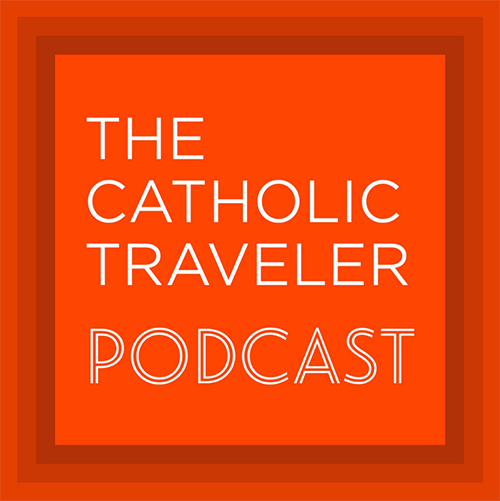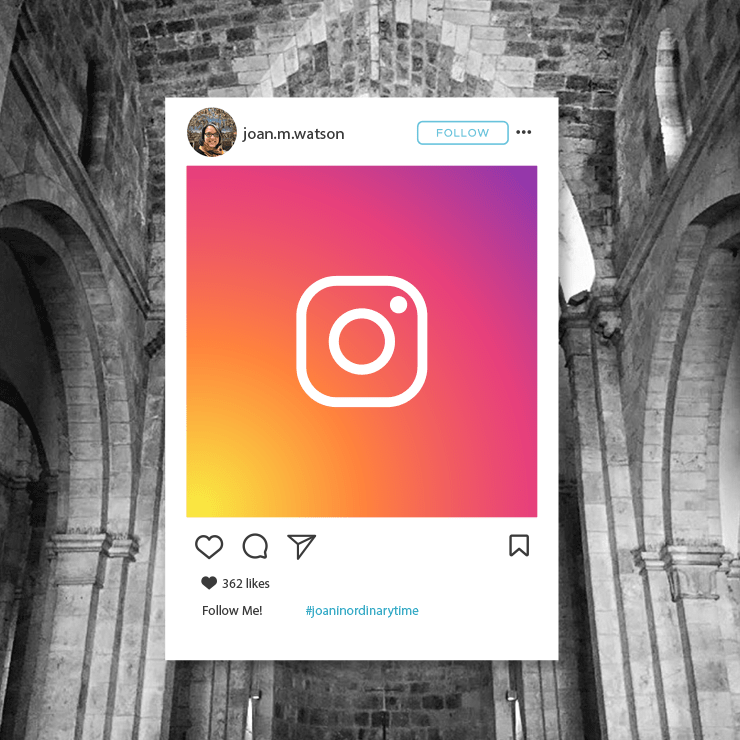Projects
If Sunday homilies leave you wanting more…
Do you ever come away from a Mass with unanswered questions about the Scriptures you just heard? Have you ever felt disconnected from the God of the Bible? Are you afraid that “Scripture study” is going to be boring, heady, academic, and confusing? Or perhaps you already read and study on your own but want more?
You’re not alone. In fact, if there is anything I’ve discovered in my foray into teaching online, it’s that there are Catholics like you all over the world.
Introducing Living 1 John 1, an online community for ordinary Catholics who want to know and pray with the Scriptures better.
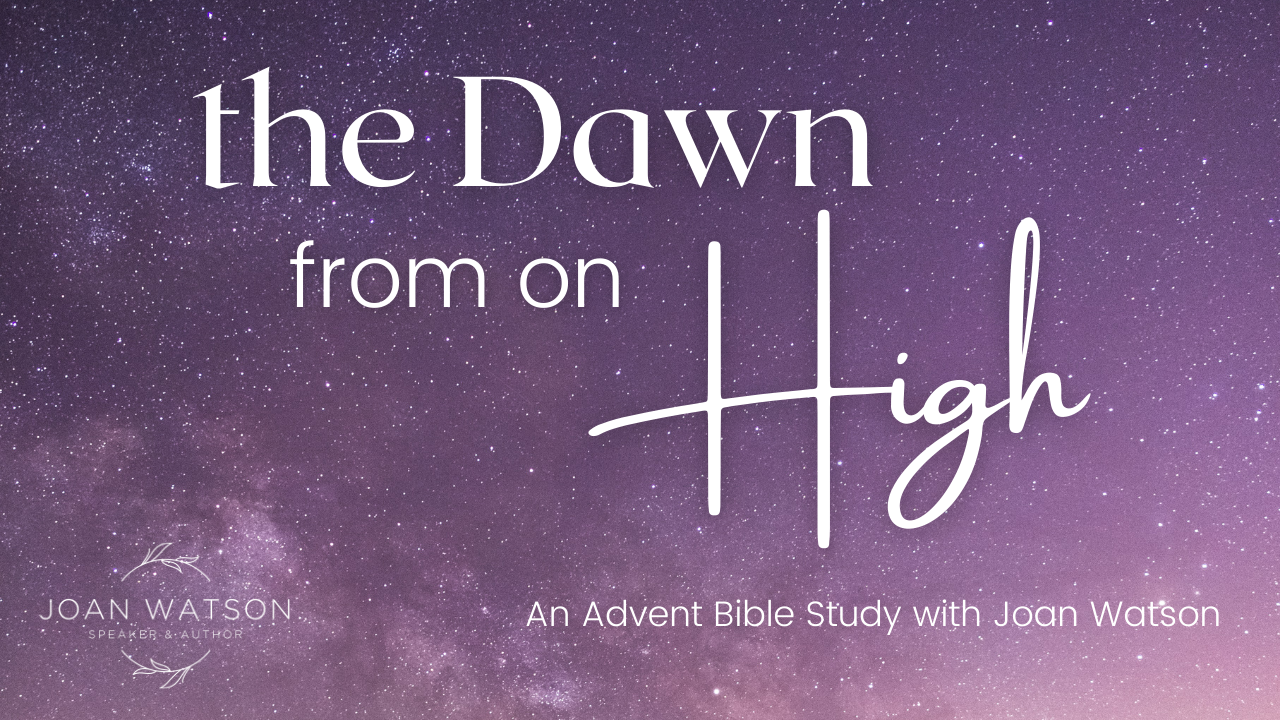
Lent Bible Study
God used the imagery of sheep and shepherds throughout the Old Testament, preparing His people for the ultimate Shepherd: Himself.
Over three sessions, we look at Old Testament preparations and failures, what a good shepherd does and what that means for the Church, and what happens when the Shepherd becomes the sheep.
The study is found on my YouTube channel here.
An optional downloadable study guide is available for $5.
Advent Bible Study
Do you skim past the beginning of Luke’s Gospel to get to the Annunciation to Mary? Zechariah and Elizabeth are often treated like trailers before the movie–interesting, but not what you came to see.
The Annunciation to Zechariah and his canticle are full of rich Old Testament allusions that you might be missing. But not anymore!
The study is found on my YouTube channel here.
An optional downloadable study guide is available for $5.
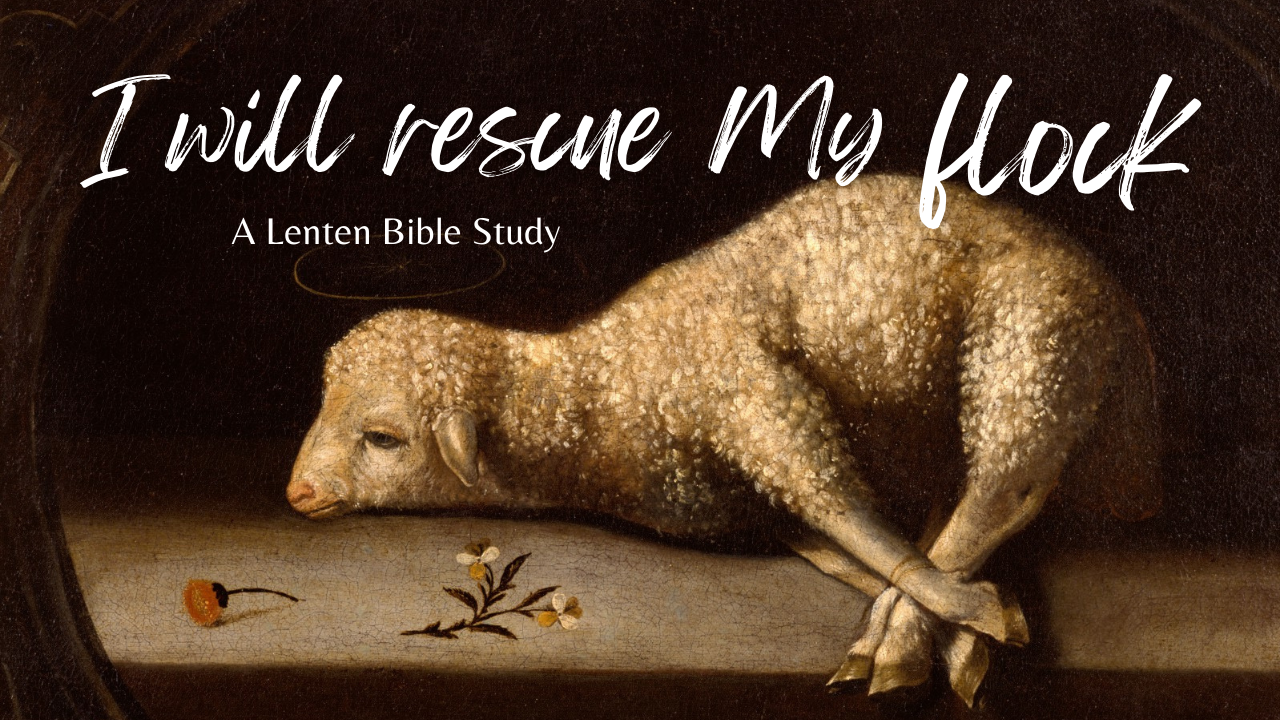
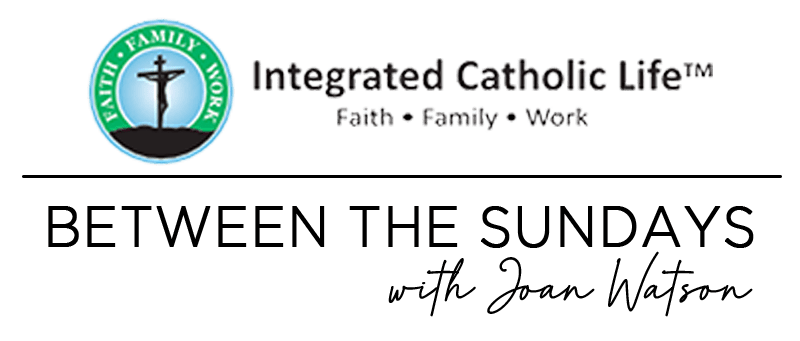
I’ve been writing every week for Integrated Catholic Life since 2015. These writings are largely focused on a practical approach to spirituality. They are often inspired by the liturgical calendar and life of the Church. I hope they help people pray better, work better, and love better.

Back when it was trendy to have a blog, I had a blog with this same title. There I shared my thoughts not just about life, but my life. I wanted to remind myself that ordinary life isn’t to be taken for granted – rather, it’s precisely in those daily events that we become saints. This new home for some of my writing will be a little more personal than Between the Sundays, but with many the same themes. I hope it can help you appreciate the ordinary, too.

